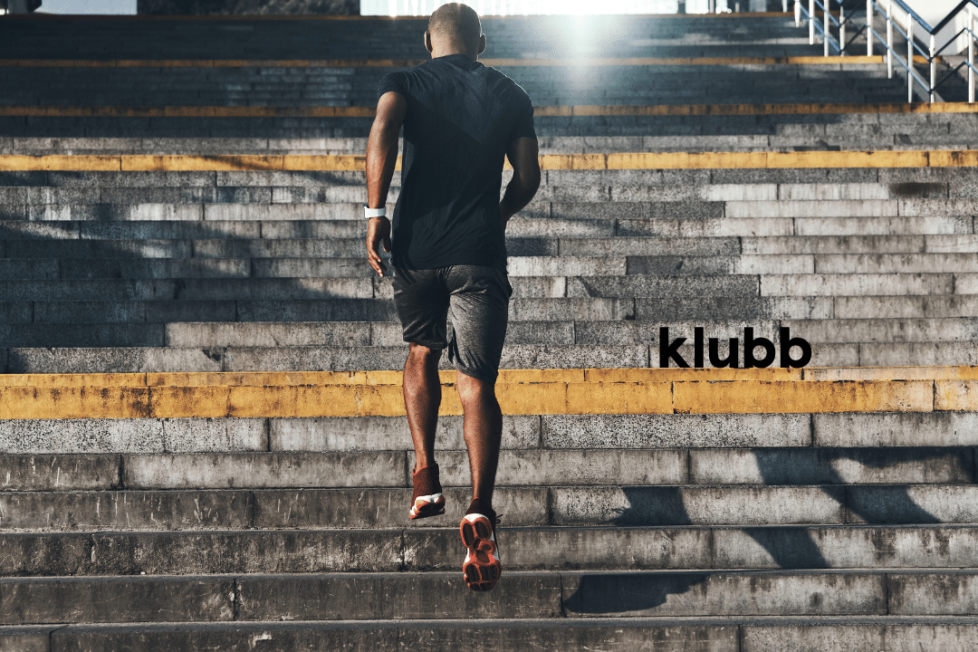How to Develop Healthy Habits
Changing your daily habits can have a massive effect on your well-being. Try these four steps to start to develop healthier habits today.

If you’re looking to develop healthy habits, you’re in luck! There are many ways to go about it, and everyone is different. So, there’s no one perfect way to do things. But some general tips can help get you started.
Saying you’re going to start developing healthy habits is easy, but doing it is a different story. But, with a few tweaks to your daily routine, it’s doable. Here are four tips for getting into a good groove.
1) Start small. Developing too many new habits at once can overwhelm and lead to failure. Instead, pick one or two changes to make each week until you’ve got them down pat.
2) Make it easy on yourself. If you struggle with willpower, don’t put yourself in positions where you’re likely to cave. Instead, try planning and packing nutritious snacks and meals for when you’re on the go.
3) Make it fun! Exercise doesn’t have to be a drag—find an activity you enjoy and stick with it. Try joining a new yoga studio or taking evening walks around the park. The goal is to find something that gets your heart rate up. This is key for sticking with a fitness routine long-term.
4) Find support from friends and family members who want to see you succeed.
By adding one of these tips into your daily routine and start feeling better in no time!
Habits simplify our lives, but developing them can sometimes feel daunting. Remember that you can change and progress– even if it is slow. And with time and consistency, those healthy habits will begin to stick.
By scheduling activities with a friend who also wants to develop healthier habits, you can encourage each other to stay on track. The Klubb app is an excellent tool for helping you find activities and people nearby who share your interests. Get outside and get active today!
Bad habits or actions can snowball into bigger problems and spill over to the next day, week, year, or lifetime. The best example of a bad habit is after-work happy hours. This seemingly innocent evening activity can actually be costing you more than you think.
Let’s take a Wednesday night happy hour, for example. Your week has been tough, and you are doing everything you can to keep it together—a coworker who is also as stressed as you pitches the idea of drinks after work. The concept of one nicely handcrafted cocktail and some venting sounds great, so you accept.
With conversation flowing and stress melting away, the one handcrafted cocktail you intended to have turned into four. And then a bottle of wine at dinner, and a nightcap, before pouring yourself into a cab at 11:30 pm.
Your next morning involves hitting the snooze button six times before rushing through your routine and getting out the door in a disheveled and boarder line acceptable manner. This is the start of the snowball effect.
As you chug coffee and energy drinks to make it through the day, your stress and anxiety levels are even higher than the day before…
Alcohol is a depressant. It slows down processes in your brain and central nervous system, and can initially make you feel less inhibited.10,11 In the short-term, you might feel more relaxed – but these effects wear off quickly.
In fact, if you’re experiencing anxiety, drinking alcohol could be making things worse.
Drink Aware UK (https://www.drinkaware.co.uk/facts/health-effects-of-alcohol/mental-health/alcohol-and-anxiety)
[10] Gan, G., Guevara, A., Marxen, M., Neumann, M., Jünger, E., Kobiella, A., Mennigen, E., Pilhatsch, M., Schwarz, D., Zimmermann, U.S. and Smolka, M.N., 2014. Alcohol-induced impairment of inhibitory control is linked to attenuated brain responses in right fronto-temporal cortex. Biological psychiatry, 76(9), pp.698-707. Available at: biologicalpsychiatryjournal.com/article/S0006-3223(14)00015-8/abstract. [Accessed 23 February 2017].
[11] Klenowski, P. M. (2018). Emerging role for the medial prefrontal cortex in alcohol-seeking behaviors. Addictive Behaviors, 77, 102–106. https://doi.org/10.1016/j.addbeh.2017.09.024
So, as your anxiety takes control, you remember the joyous feelings you had when you got to happy hour and enjoyed that first cocktail. Why not go for another round after work since it is Thursday anyway?
Can you see where the trend is going?
Each day is a cycle of survival with the light at the end of the tunnel, another round of happy hour to temporarily curb the stress.
If you occasionally or regularly get caught in the cycle described above, there are many ways to stay social without booze. Inspiration for things to do instead of drinking can start with going for a run or taking a class. Running is one of the best ways to form stronger friendships and can lead to healthier habits.
For more inspiration on healthy habits, sign up for The Klubb newsletter.
